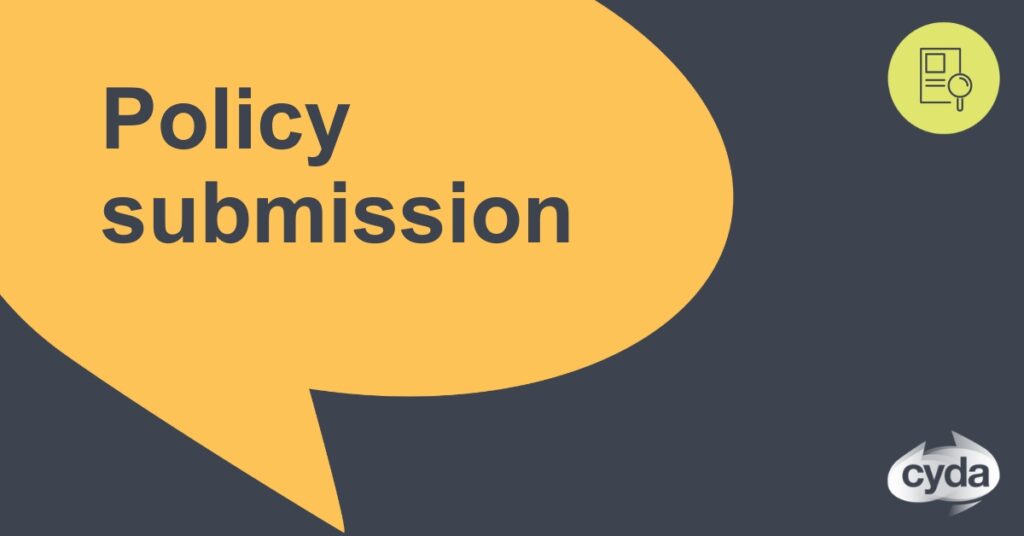It is the view of Children with Disability Australia (CDA) that the current education system in Australia is failing to adequately meet the needs of students with disability. It is recognised that some students with disability have positive education experiences with good academic and social outcomes but this is by far the exception.
The breadth of disadvantage students with disability must contend with in the current education system is profound. At Children with Disability Australia we are inundated with reports of poor and shameful education experiences. A typical school experience for students with disability involves discrimination, limited or no funding for support and resources, inadequately trained staff, a systemic culture of low expectations, exclusion and bullying. There are increasing incidents of restraint and seclusion reported to Children with Disability Australia, which are seen as a clear consequence of a system in crisis. Failings have become entrenched in the education system and the urgency of delivering system wide solutions is now acute.


